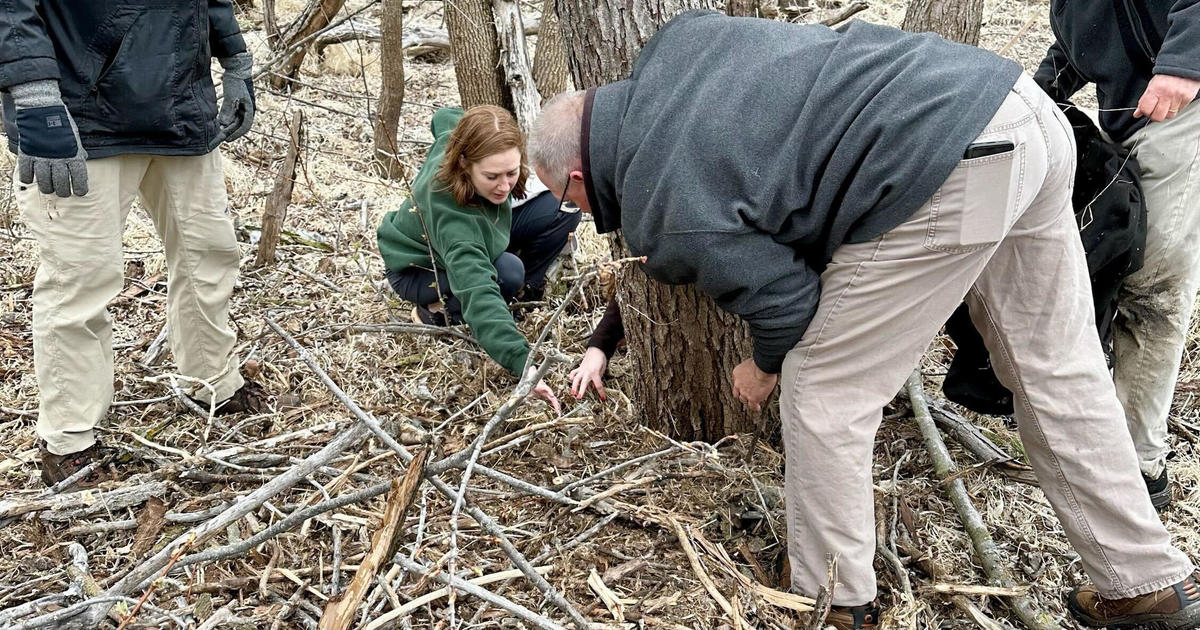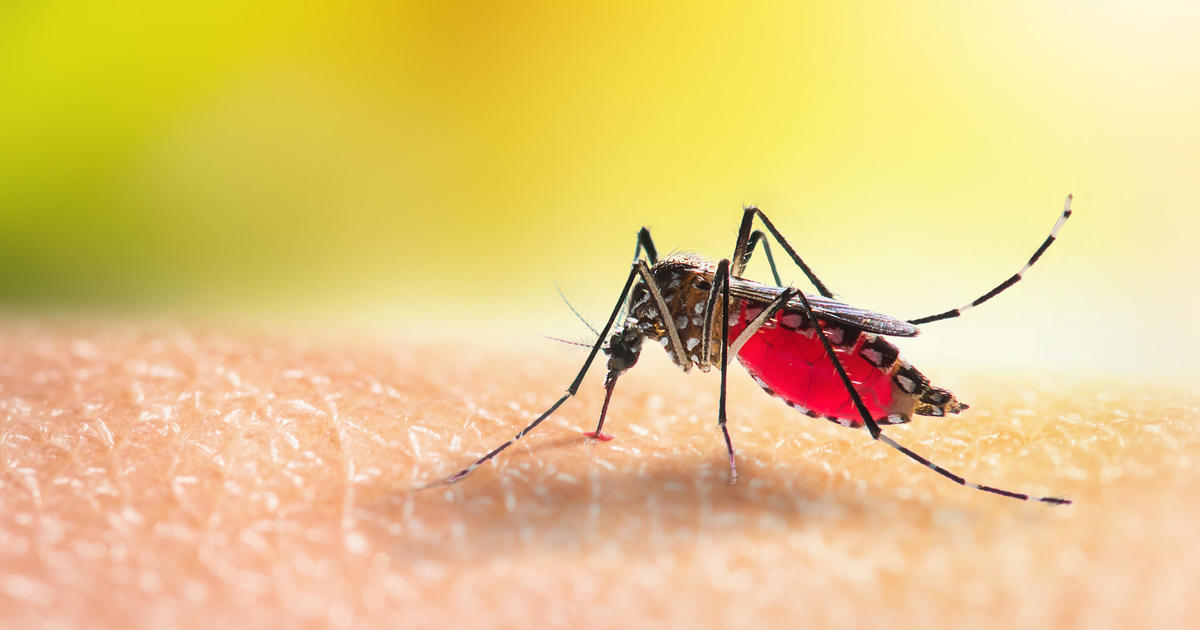Winter's Been Deadly For Minnesota Lakes, Fish
PLYMOUTH, Minn. (WCCO) -- When Bruce Wahlstrom walked down the shoreline of Schmidt Lake in Plymouth, he wasn't expecting such a deadly sight. Hundreds, perhaps thousands of bluegills, crappies, bass and northerns, motionless under the ice and dead against the rocks.
"The lake is known for some really big bass. Unfortunately, I've seen five of them (weighing) four to five pounds," he said.
The small suburban lake is a classic example of what's known as "winter kill." That's when lakes are essentially starved of oxygen. It's the result of an early freeze and dense snow pack on top of the ice.
"This really is the first time in recent memory anybody knows of it happening," Wahlstrom said.
Heavy snow is a problem when it stays around all winter. That's because it blocks out sunlight from penetrating the clear ice, allowing photosynthesis to produce more oxygen in the water.
Often times, a mid-winter melt will help restart the photosynthesis process and allow inflows of streams, creeks and springs to bring fresh oxygen into the lake.
Dr. Peter Sorensen is a University of Minnesota fisheries biologist. Sorenson said while not uncommon, the winter kill is more severe this year and is affecting hundreds of smaller Minnesota lakes.
"The inlets were froze up so there was no oxygen coming in that way," he said. "So with no oxygen production, just consumption, the fish run out of luck."
In a couple of weeks, when all the ice is gone, the cleanup will begin. That promises to be a messy, smelly and tedious job -- taking away winter's toll, from a lake that had turned into a productive fishing hole.
"It's going to be a big issue for homeowners, absolutely," said Wahlstrom.



